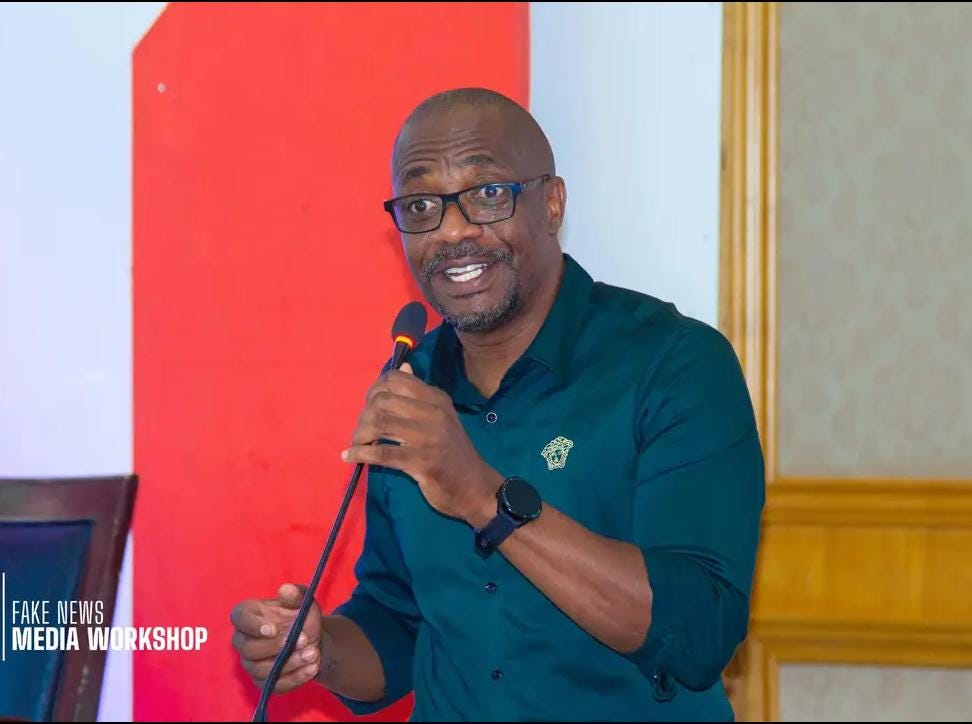Fake news will make mainstream media flexible, competitive: academics
Academics have advised mainstream media players to view the competition presented by fake news creators as healthy and to learn from it in order to remain credible.
Malawi: Academics have advised mainstream media players to view the competition presented by fake news creators as healthy and to learn from it in order to remain credible, writes Gloria Masanza-Kanyang’wa.
This, they say, will help the mainstream media remain flexible and competitive.
The remarks follow the spread of fake news on social media, a development that is threatening the existence of traditional media.
Dr Jolly Ntaba, Head of the Department of Journalism and Media Studies at the Malawi University of Business and Applied Sciences-MUBAS, believes that traditional media should embrace social media and fake news as a learning tool to jolt them into creating credible and truthful content.
'I don't believe that the rise of fake news is dooming traditional media. 'The mainstream media still has an advantage because it has a gatekeeping process that social media does not,' said Dr Ntaba.
According to Dr Ntaba, even though people flock to read fake news, they still turn to traditional media to confirm whether the news is true or not.
'What mainstream media must do is always maintain their fact-checking and gatekeeping processes, and report truthfully in order to maintain credibility,' Dr Ntaba added.
Dr Sydney Kankuzi, Senior Lecturer of Media and Cultural Studies at the School of Media, Communication, and Design at the University of Malawi-UNIMA, believes that fake news creators should be viewed as partners by traditional media.
'Mainstream media, such as radio and newspapers, must look at the gaps created by fake news and try to fill them as much as possible with truth,' said Dr Kankuzi.
'What is true is that institutions are more credible than individuals, so audiences are more likely to believe mainstream media institutions than individuals who spread fake news.’
Malawi and the rest of the world have seen an increase in the creation and spread of fake news on social media, and there are fears that this trend will continue as the country approaches elections in 2025.




